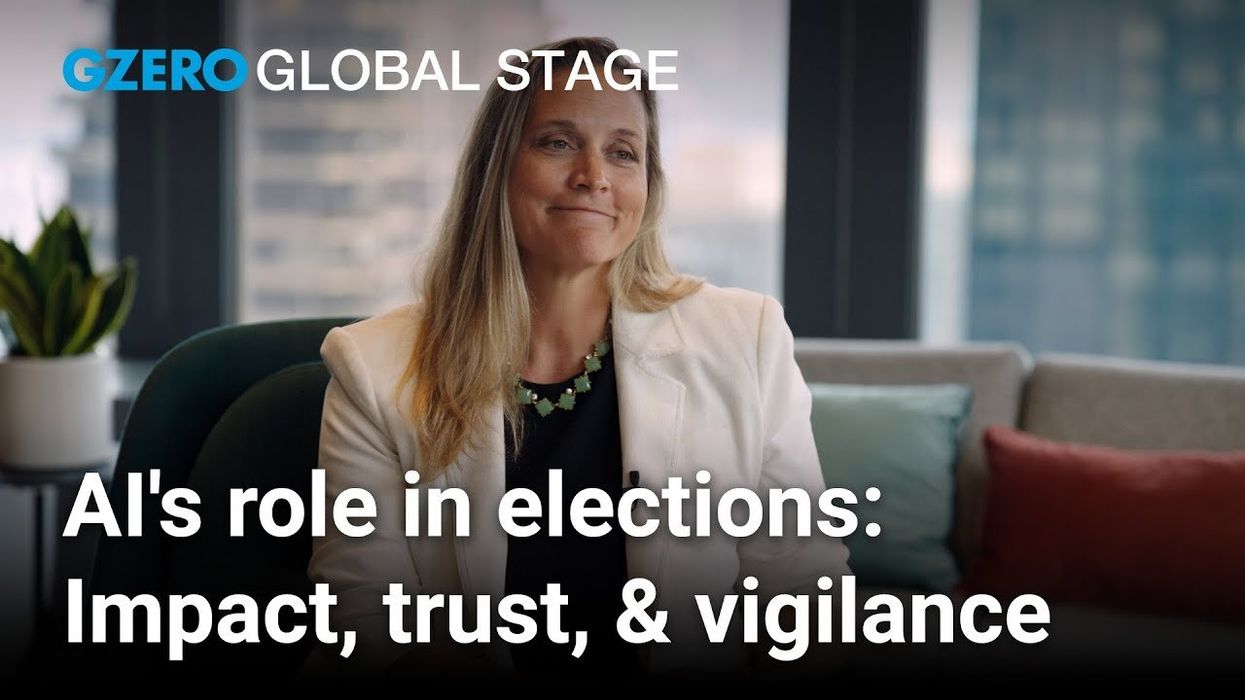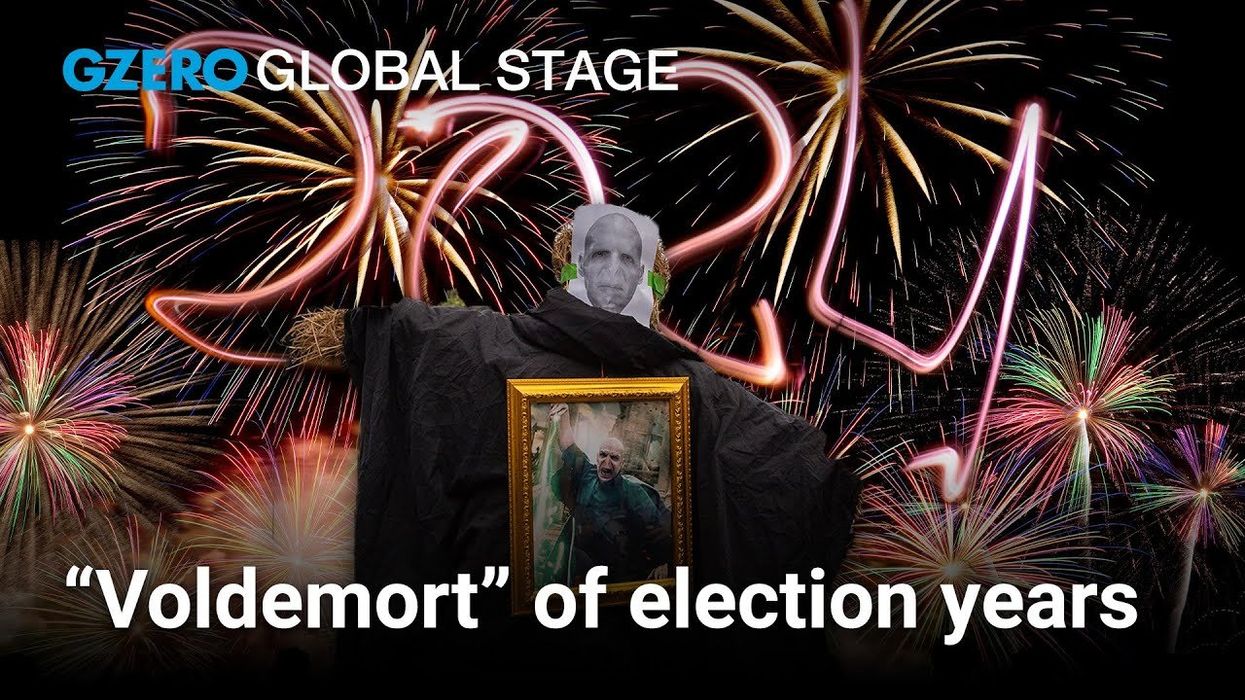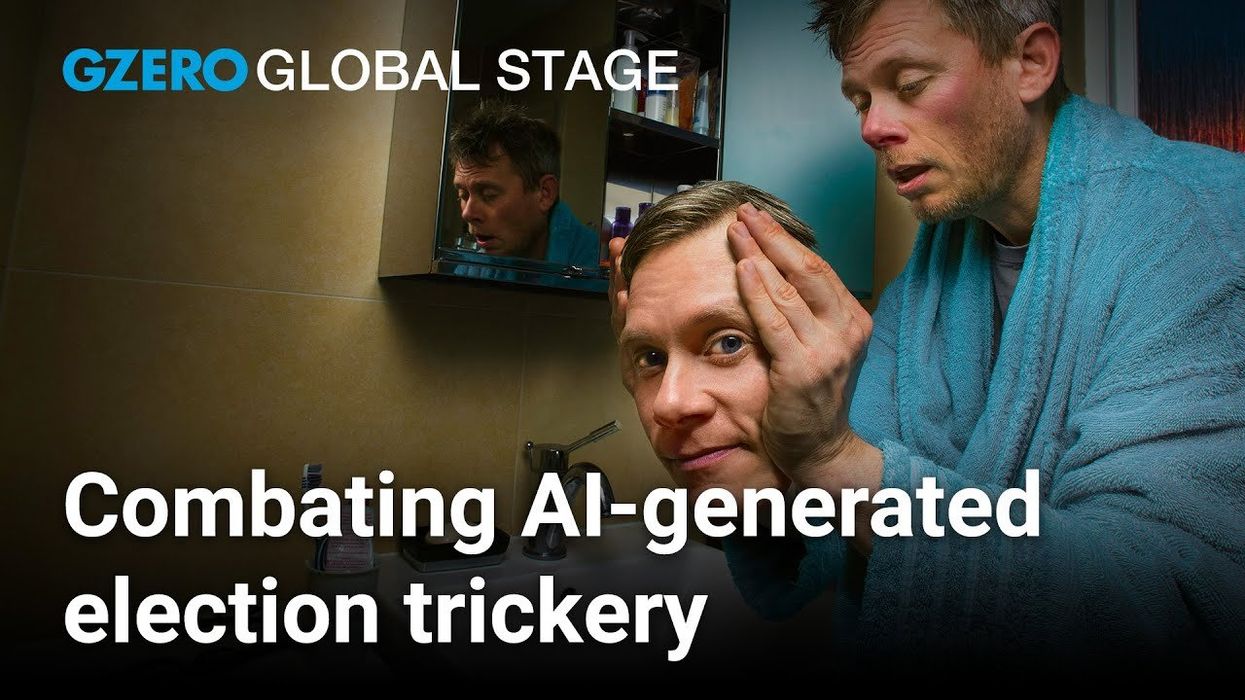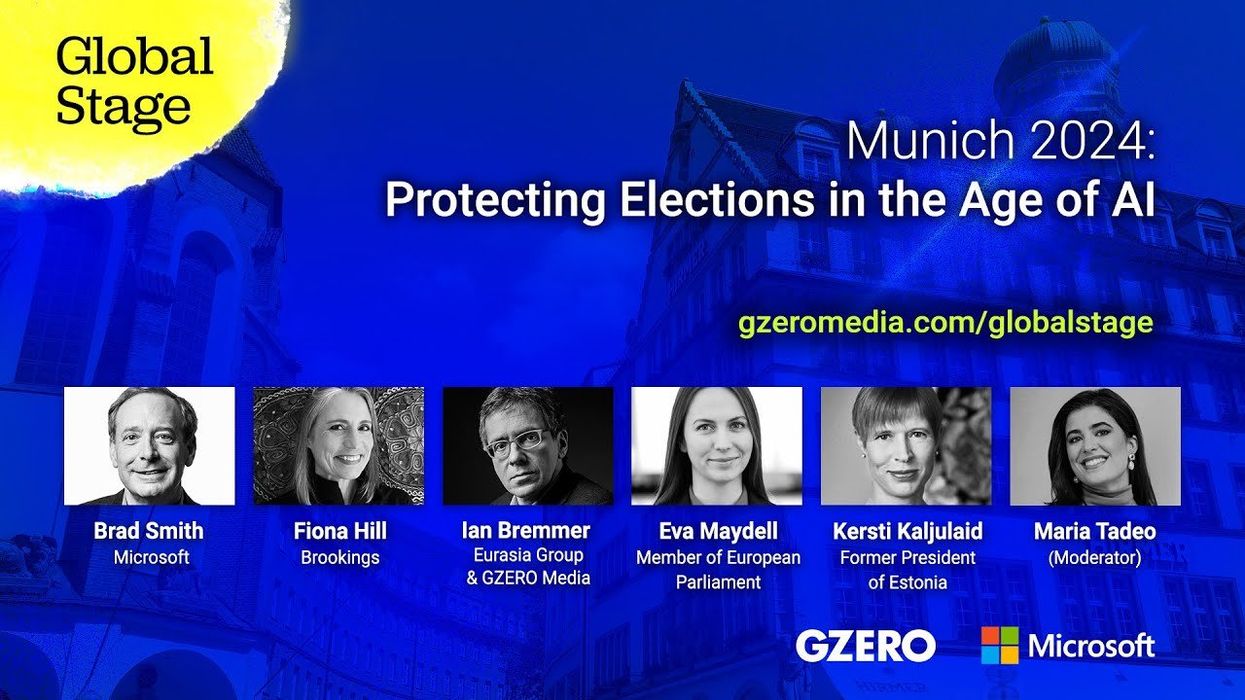Digital Governance
AI & election security
With an estimated 4 billion people—almost half the world’s population—set to vote or have already voted in the 2024 elections, AI's influence has been minimal so far, but its potential impact looms large. Ginny Badanes, general manager of Democracy Forward at Microsoft, explained that while AI-driven disruptions like deep fake videos and robocalls haven't altered results yet, they have undermined public trust.
Jul 30, 2024





